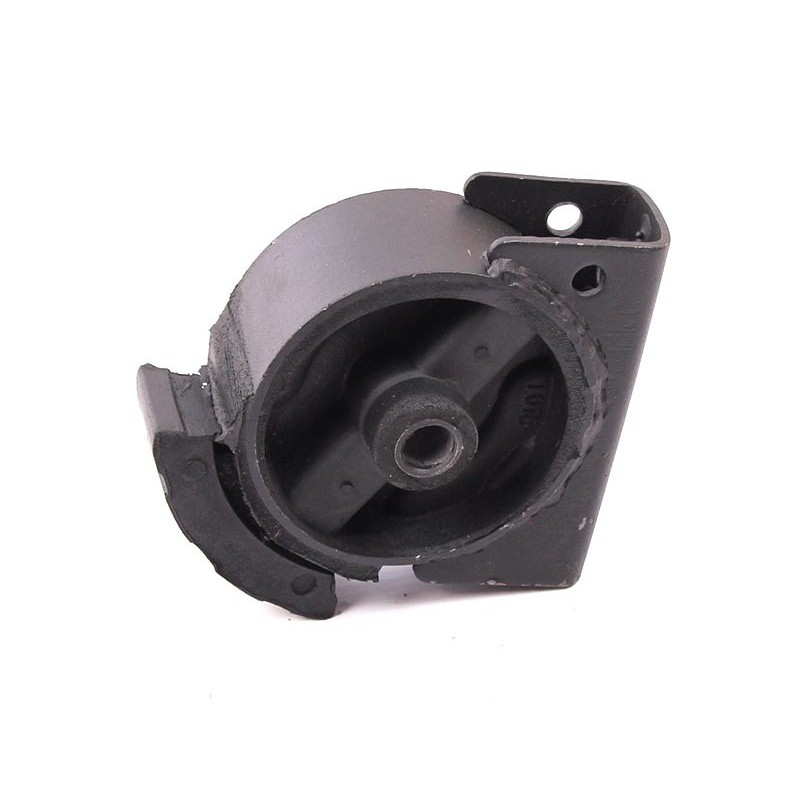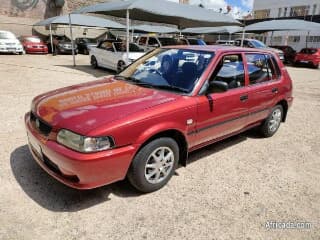Change Your Automobile: Toyota Tazz Engine for Sale at Unbeatable Costs
Change Your Automobile: Toyota Tazz Engine for Sale at Unbeatable Costs
Blog Article
Engine Purchasing Expert Tips on Picking the Right Engine for Your Particular Needs
Picking the right engine for your specific demands entails an intricate interaction of aspects that exceed simple horsepower numbers. From power result to sustain effectiveness, the decision-making procedure can be daunting. Recognizing the subtleties of engine kinds, sizes, and their compatibility with your vehicle is important. Nevertheless, there are experienced ideas that can aid browse this terrain with confidence. By delving into the intricacies of power versus efficiency, reviewing gas scores, and budgeting for long-lasting expenses, one can really maximize their engine choice.
Power Vs. Effectiveness: Locating the Balance

When selecting an engine, it is vital to strike an equilibrium in between power and efficiency to satisfy your particular needs efficiently. Power describes the engine's ability to create energy for propulsion, figuring out elements like velocity, lugging capacity, and general efficiency (Toyota Tazz Engine For Sale). On the other hand, performance associates to just how well the engine utilizes fuel to create power, influencing variables such as fuel economic climate and ecological kindness
Attaining the right equilibrium between power and efficiency is important because an engine that is as well effective might consume extreme gas, leading to higher operating prices and unnecessary pressure on the environment. On the other hand, an engine that focuses on effectiveness over power may lead to slow-moving performance, specifically popular situations like hauling hefty tons or driving uphill.
To make an informed decision, take into consideration elements such as your normal driving problems, the intended usage of the vehicle, and your personal choices. By assessing your priorities and needs, you can pick an engine that strikes the ideal balance between power and efficiency, making sure optimal performance while decreasing ecological impact and operating expense.
Recognizing Engine Size and Kind

In addition, engine kind plays a crucial duty in figuring out the efficiency features of an engine. Typical engine kinds include inline engines, V engines, and rotating engines, each with its unique benefits and drawbacks. The engine type affects elements such as the engine's size, weight circulation, and power distribution. Comprehending the interaction in between engine size and kind is important in picking an engine that lines up with your specific needs and concerns, whether it be power, performance, or an equilibrium of both.
Consider Your Vehicle's Demands
Considering your lorry's demands is a basic action in the engine option procedure to make sure optimal efficiency and performance. It is vital to review variables such as the intended usage of the automobile, its weight, pulling capability, and gas performance needs. If you are looking for an engine for a sturdy truck that will be utilized for towing, you will require a powerful engine with high torque capacities. On the various other hand, if you are selecting an engine for a small automobile primarily made use of for city travelling, gas performance might be an extra critical variable to think about.

Evaluating Fuel Effectiveness Scores
Assessing fuel performance ratings is an important element of blog picking the appropriate engine for your vehicle, making certain expense financial savings and ecological sustainability. Gas performance ratings, usually determined in miles per gallon (MPG) for fuel engines or kilowatt-hours per 100 miles (kWh/100 miles) for electrical engines, suggest how much a vehicle can take a trip on a certain amount of gas or electricity. Greater MPG or lower kWh/100 miles worths represent more effective engines, equating to reduced gas costs and reduced carbon exhausts.
Furthermore, compare various engine options within the very same car class to determine the most cost-effective option. Variables such as engine dimension, weight, the rules of aerodynamics, and crossbreed or electric capabilities can all affect fuel performance.
Budgeting for Long-Term Costs
Tactically preparing for long-term costs is imperative when picking an engine, ensuring financial sustainability over the lorry's life expectancy. While the first acquisition price of an engine is a substantial variable, it is vital to take into consideration the long-term costs connected with maintenance, repairs, and fuel consumption. Selecting a much more fuel-efficient engine might have a greater upfront expense however can result in considerable cost savings gradually. Normal upkeep, such as oil modifications, filter replacements, and tune-ups, is vital to keep the engine running efficiently and successfully, minimizing the danger of expensive repairs down the line.
Additionally, researching the accessibility and expense of replacement components for the picked engine is essential in budget plan preparation. Engines with affordable and conveniently offered components can substantially influence long-term maintenance expenses. Furthermore, taking into consideration the engine's toughness and anticipated life-span can aid stay clear of unforeseen substitute costs in the future. By thoroughly budgeting for these lasting expenditures and factoring them into the decision-making procedure, people can choose an engine that not just satisfies their immediate requirements but likewise remains cost-effective throughout its lifespan.
Conclusion
To conclude, picking the best engine for your specific demands calls for stabilizing power and efficiency, understanding engine dimension and type, considering your car's needs, examining gas effectiveness ratings, and budgeting for long-term expenses. By very carefully considering more helpful hints these aspects, you can ensure that you select an engine that meets your requirements and provides ideal performance for your vehicle.
To even more fine-tune the selection process of an engine that strikes the optimum balance in between power and efficiency, it is crucial to dig right into the details of recognizing engine size and type. Engine size refers to the overall quantity of air and fuel that can be pressed through the engine cyndrical tubes. Usual engine kinds include inline engines, V engines, and rotating engines, each with its special benefits and drawbacks. Comprehending the interplay between engine dimension and type is essential in picking an engine that straightens with your specific demands and priorities, whether it be power, performance, or a balance of both.
Gas performance rankings, normally determined in miles per gallon (MPG) for gasoline engines or kilowatt-hours why not look here per 100 miles (kWh/100 miles) for electric engines, suggest just how far a lorry can travel on a specific amount of gas or electricity.
Report this page